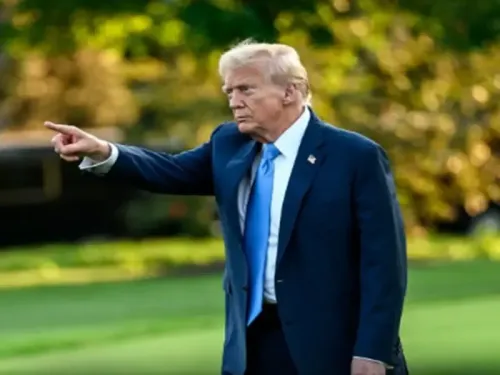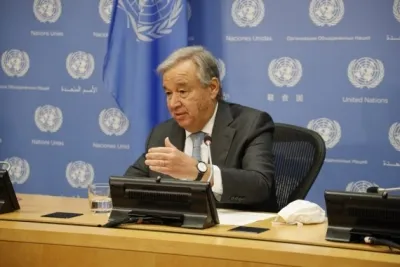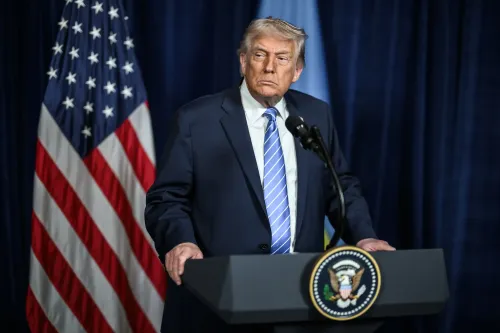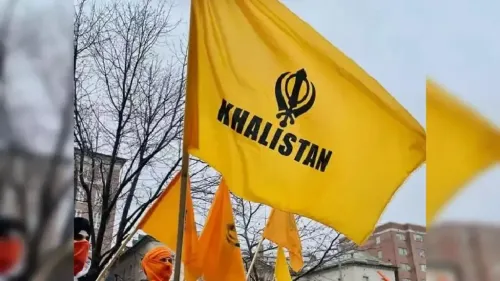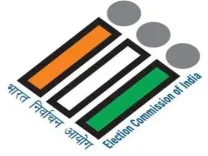Why Are Students at Chittagong University Protesting Jamaat Leader's Remarks?
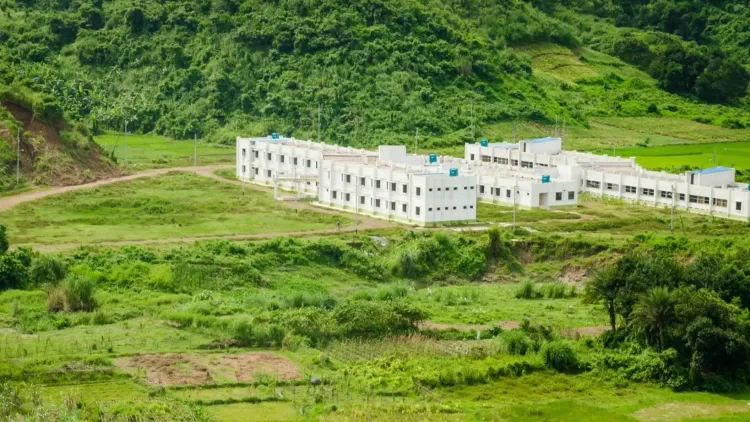
Synopsis
Key Takeaways
- Students protested against inflammatory remarks by Jamaat leader.
- Violence erupted over an alleged assault on a female student.
- Public outrage over the leader's comments.
- Political tensions are rising in Bangladesh.
- Chhatra Shibir distanced itself from the Jamaat leader's remarks.
Dhaka, Sep 6 (NationPress) A group of students at Bangladesh's Chittagong University (CU) organized a demonstration on campus early Saturday, condemning the inflammatory comments made by Jamaat-e-Islami leader Sirajul Islam regarding the recent unrest following the alleged assault of a female student, according to reports from local media.
Last week, more than a hundred individuals sustained injuries during violent confrontations between CU students and local residents after a dormitory security guard reportedly attacked a female student close to the university.
The recent protest was incited by a video that circulated on social media showing a meeting held by residents of Jobra village, adjacent to the university, discussing the recent CU clashes, as reported by the leading Bangladeshi newspaper Prothom Alo.
During this meeting, the radical Islamist leader Sirajul Islam stated, "Chittagong University is built on our ancestral land. We are the rightful owners of Chittagong University and the surrounding areas. We are the landowners and will not permit anyone to interfere with our property."
"This university is our heart. We claim ownership over this place, and we will not tolerate any injustice. Respect must be given to us. Should the university fail to do so, we will take appropriate measures against those involved," he added.
These remarks ignited widespread public anger, leading students to organize protests at CU, chanting slogans against the Jamaat leader, labeling him as a "Terrorists' broker," and asserting that such statements would not be accepted.
In a surprising turn, the CU chapter of Chhatra Shibir, the student wing of Jamaat, distanced itself from Sirajul's comments, accusing top leaders of the local Chhatra Dal, the student wing of the Bangladesh Nationalist Party (BNP), of being directly involved in the violent incident.
Conversely, Chhatra Dal denied the accusations against its leaders and the BNP, asserting that Chhatra Shibir is attempting to deflect blame to further Jamaat's political aims.
The unrest at CU is occurring amidst escalating public discontent in Bangladesh, which has seen numerous student protests and increasing lawlessness since the interim government led by Mohammad Yunus came into power last August.


